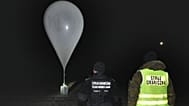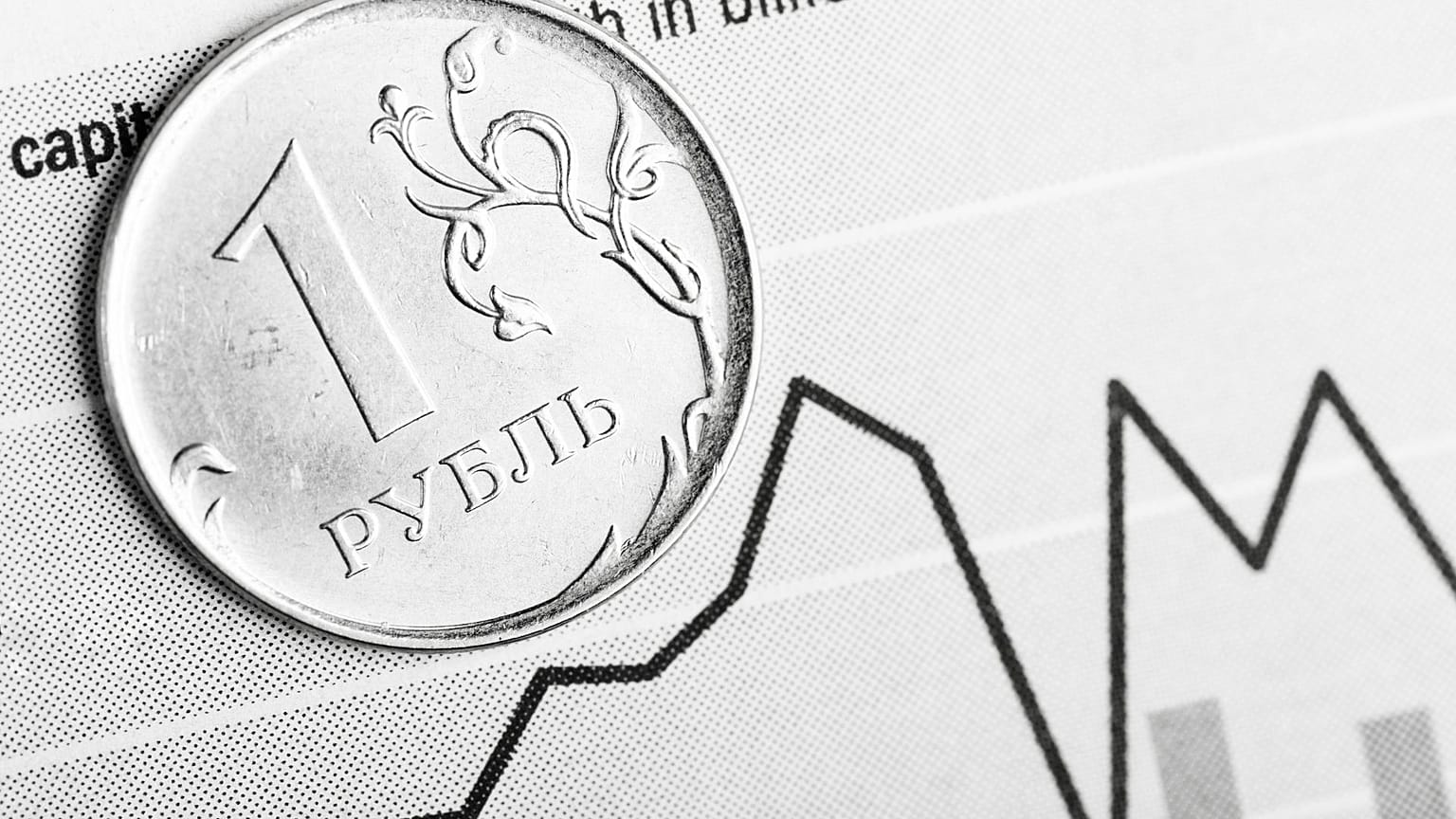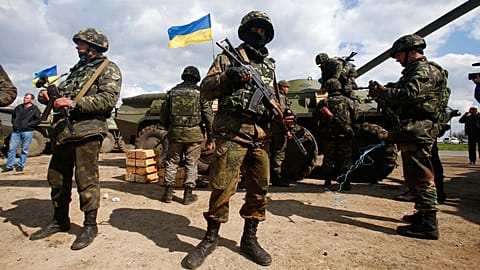The rouble has been struggling for months due to the imposition of Western sanctions on Russia, hurting the bank accounts of the general population in the process.
The value of the Russian rouble has fallen once again, trading at more than 100 roubles to the US dollar as of Tuesday morning, despite the central bank's attempts to stifle inflation and the deterioration of the currency.
The rouble has been struggling for months due to the imposition of Western sanctions on Russia over its war in Ukraine, which has constrained the purchasing power of the general population.
On the Moscow Stock Exchange, the exchange rates were 100.11 roubles to the dollar and 104.65 roubles to the euro at 07:03 local time (04:03 GMT).
The rouble recovered slightly later in the day, but remained above 99 to the dollar and 104 to the euro.
This was the rouble's biggest fall since mid-August, when it exceeded 100 to the dollar for the first time since March 2022 and the collapse of the Russian currency in the wake of its full-scale invasion of Ukraine.
In August, the Central Bank of Russia (CBR) was quick to raise its key rate from 8.5% to 12% at an extraordinary meeting called after Kremlin adviser Maxim Orechkine criticised the CBR's "loose monetary policy".
In mid-September, the key rate was raised further to 13%.
However, the CBR's decision appears to have had a limited impact for the time being, in the absence of more stringent exchange control measures and the introduction of export restrictions on petrol and diesel by Russia at the end of September.
After a year and a half of heavy international sanctions, and despite a rapid economic adjustment, Russia is facing a series of economic difficulties: rising inflation (+5.15% in August), a weakening rouble, labour shortages in certain sectors, a brain drain abroad, and a sharp fall in revenues from the sale of hydrocarbons.
Against this backdrop, the CBR said in mid-September that it expected growth to slow in the second half of this year.
In September, President Vladimir Putin, while asserting that Western sanctions had failed, denounced the weakening rouble as the main cause of inflation in the country, ordering the government and the CBR to take the necessary measures to stabilise the situation.


















